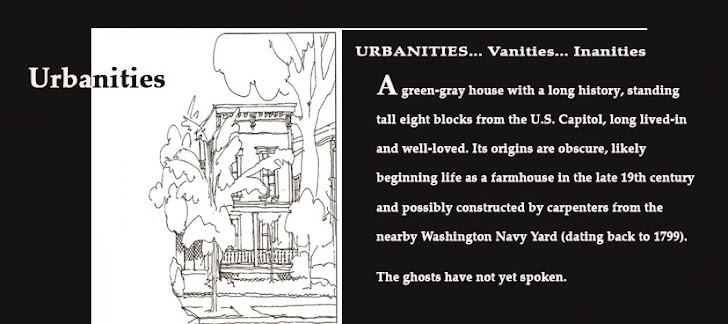Hardly a single word has been raised to counter the critical praise for writer Robert Macfarlane's latest book - "Underland: A Deep Time Journey." It's long at 488 pages, and deep (literally) from both a physical and philosophical perspective. The British writer goes subterranean, on a mission that he calls "the subculture of urban exploration," which he defines as "adventurous trespass in the built environment."
Among requirements for participation he cites "claustrophobia, lack of vertigo, a taste for decay, a fascination with infrastructure, a readiness to climb fences and lift manhole covers and a familiarity with the varying laws of access across different jurisdictions."
No limits, in other words.
This is obviously not your everyday travel book. W.W. Norton & Company. $27.95. Should keep you engrossed when it doesn't 'gross' you out, so vivid are his encounters with some terrifying terrains.
Among requirements for participation he cites "claustrophobia, lack of vertigo, a taste for decay, a fascination with infrastructure, a readiness to climb fences and lift manhole covers and a familiarity with the varying laws of access across different jurisdictions."
No limits, in other words.
This is obviously not your everyday travel book. W.W. Norton & Company. $27.95. Should keep you engrossed when it doesn't 'gross' you out, so vivid are his encounters with some terrifying terrains.
